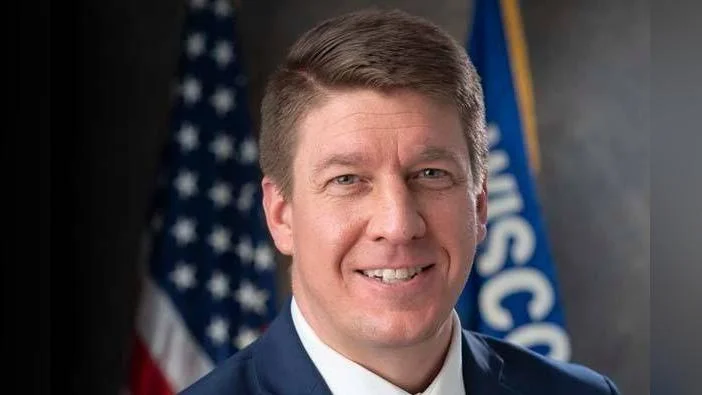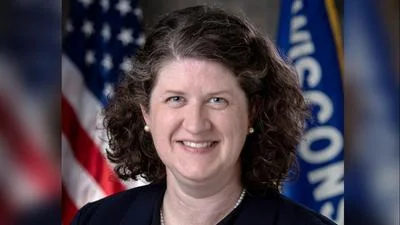Eric Wimberger, Wisconsin State Senator for 2nd District | Official Facebook
Eric Wimberger, Wisconsin State Senator for 2nd District | Official Facebook
According to the Wisconsin State Legislature's official website, the bill was described as follows: "findings of fact when the court grants less than equal physical placement of a child".
The following is our breakdown, based on the actual bill text, and may include interpretation to clarify its provisions.
In essence, this bill amends the statutes regarding the allocation of physical placement in family law cases. Under current law, if a court grants less than 25% of physical placement to one parent, it must provide specific findings of fact explaining why greater placement is not in the child's best interests. This bill revises the requirement to mandate such findings if less than 50% of physical placement is granted to a parent. The changes apply to both temporary and final orders and aim to ensure that any decision granting less than equal placement is thoroughly justified. The act will take effect on the first day of the seventh month after its publication.
The bill was co-authored by Representative Robert Brooks (Republican-59th District). It was co-sponsored by Representative Barbara Dittrich (Republican-99th District), Representative Daniel Knodl (Republican-24th District), and Representative Rob Kreibich (Republican-28th District), along three other co-sponsors.
Eric Wimberger has authored or co-authored another 31 bills since the beginning of the 2025 session, with none of them being enacted.
Wimberger graduated from St. Cloud State University in 2001 with a BS and again in 2005 from Marquette Law School with a JD.
Wimberger, a Republican, was elected to the Wisconsin State Senate in 2025 to represent the state's 2nd Senate district, replacing previous state senator Robert Cowles.
In Wisconsin, the legislative process starts when a senator, constituent, group, or agency proposes an idea for a bill. After drafting, the bill is introduced, numbered, and referred to a committee for review and public input. If approved, it moves through three readings and votes in both the Senate and Assembly. Once both chambers pass the same version, the bill goes to the governor, who can sign it, veto it, or let it become law without a signature. Only a small share of bills introduced each session ultimately become law. You can learn more about the Wisconsin legislative process here.
| Bill Number | Date Introduced | Short Description |
|---|---|---|
| SB263 | 05/20/2025 | Findings of fact when the court grants less than equal physical placement of a child |
| SB254 | 05/09/2025 | Funding for the War Memorial Center and making an appropriation. (FE) |
| SB198 | 04/14/2025 | Various changes to the unemployment insurance law and requiring approval by the Joint Committee on Finance of certain federally authorized unemployment benefits. (FE) |
| SB189 | 04/14/2025 | An optional final hearing by affidavit for the dissolution of a marriage |
| SB162 | 03/27/2025 | Bid requirement for publication and printing of county board proceedings, notices, and advertisements in counties having a population of 250,000 or more and at least two English newspapers published daily |
| SB161 | 03/27/2025 | A presumption that equalizing physical placement to the highest degree is in the child’s best interest |
| SB144 | 03/21/2025 | Eliminating a judgeship from district IV of the court of appeals and establishing an additional judgeship for district III of the court of appeals |
| SB128 | 03/14/2025 | Programs and requirements to address PFAS |
| SB127 | 03/14/2025 | Exempting certain persons from PFAS enforcement actions under the spills law. (FE) |
| SB84 | 02/26/2025 | Exempting certain conveyances between grandparents and grandchildren from the real estate transfer fee. (FE) |
| SB80 | 02/26/2025 | Statutory recognition of specialized treatment court and commercial court dockets |
| SB55 | 02/21/2025 | Prohibiting the Department of Justice from using the legal services of nongovernmental employees. (FE) |
| SB51 | 02/21/2025 | Flags flown at state and local government buildings and eliminating a related administrative rule |





 Alerts Sign-up
Alerts Sign-up